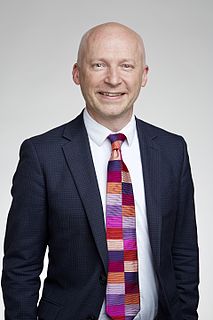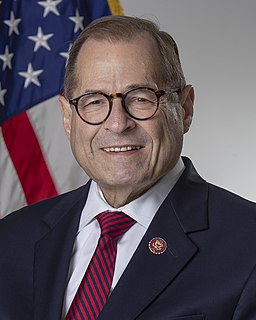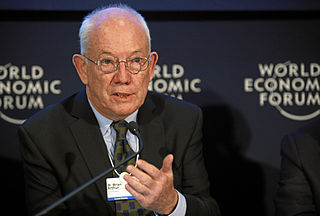A Quote by Alvin E. Roth
Experimental economics is about conducting experiments: bringing economics into the laboratory or creating controlled conditions in the field that allow us to understand better what we are seeing in less controlled circumstances.
Related Quotes
I think that it's more important for an economist to be wise and sophisticated in scientific method than it is for a physicist because with controlled laboratory experiments possible, they practically guide you; you couldn't go astray. Whereas in economics, by dogma and misunderstanding, you can go very sadly astray.
Globalization and trade liberalization were supposed to make us all better off through the mechanism of trickle-down economics. What we seemed to be seeing instead was trickle-up economics, accompanied by a destruction of democratic politics, as we moved ever closer to a system of 'one dollar, one vote' as opposed to 'one person, one vote.'
My mother and my father taught me to look at the actual problem, not the face of it, not the veneer of it. So for me, I was never - I was impressed that it - racially, I was impressed, right, but now in America it's about economics, and it's been about economics, and honestly, everything's been about economics since I don't want to say the beginning of time, but it's been about economics for a long while.
I started in the law; and the study of law, when it precedes the study of economics, gives you a set of foundation principles about how human beings interact. Economics is very useful, and I studied economics in graduate school. But without understanding the social and organizational context of economics, it becomes a theory without any groundwork.
All the things I used to count on to get my music out there - record companies, they're all gone. And radio stations, they're gone - they're completely controlled by the government. If they're not controlled by the government, they're controlled by a programmer who's controlled by the government. Mainstream radio is suspect. You can't trust it.



































